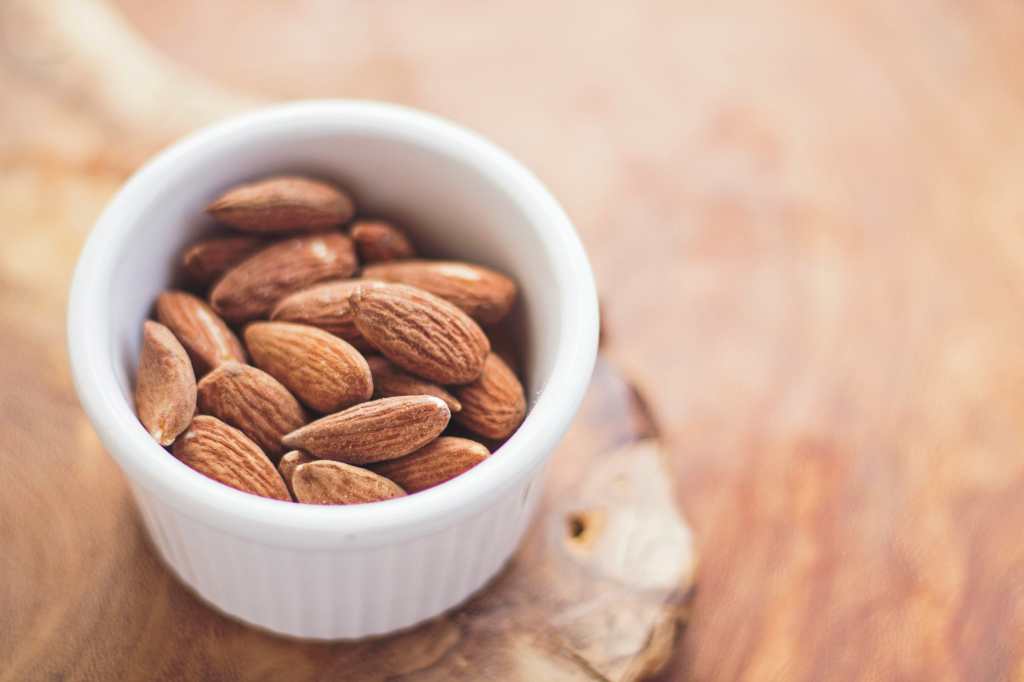Magnesium is found in various foods in our daily diet. It is a nutrient that regulates muscle function, the nervous system, blood pressure, and other processes carried out by the human body.
According to the National Institutes of Health (NIH), the required intake of magnesium varies according to the age and sex of each person, with adult men needing a higher dose of this nutrient.
On the other hand, magnesium deficiency can have an impact on a person’s health. According to the NIH, some symptoms of magnesium deficiency are loss of appetite, nausea, vomiting, fatigue, and weakness. Therefore, it is essential to ingest it through a balanced diet.
What is magnesium?
Magnesium is an essential mineral for the body, as it regulates more than 300 biochemical reactions in the human body, according to experts. It is also essential for the normal functioning of nerves and muscles.
Benefits of magnesium
According to Medline Plus, these are some of the benefits attributed to magnesium:
- Allows the normal functioning of muscles and nerves
- Helps the immune system stay healthy
- It helps keep the heartbeat constant.
- Regulates blood glucose
- Plays an important role in the production of energy and protein
- Allows bones to stay strong
- Inter alia.
Why is magnesium essential in nutrition?
Magnesium regulates biochemical functions in the body, which is why it is necessary to ingest it through food sources.
Data from the University of Navarra indicate that magnesium is essential for human nutrition. They also indicate that a large percentage of magnesium comes from vegetables and dark green leafy vegetables. However, expert nutritionists mention other sources in addition to these.
What foods are rich in magnesium?
According to Guatemalan nutritionist Pilar López, from the Institute of Nutrition of Central America and Panama (Incap), the following foods are among those that contain magnesium:
- Peanut butter
- Squash seed
- Roasted almonds
- Roasted cashew seed
- Rolled oats
- Soybean
Nutritionist Mónica Pinto adds that there are also other foods that have a significant contribution to this nutrient, such as avocado, spinach, whole grains, banana, plantain, chicken, tofu, salmon, cow’s milk, and yogurt.

Side effects of magnesium
Experts say that side effects from high magnesium consumption are rare, except when the person suffers from kidney problems.
In the case of magnesium deficiency, you may experience symptoms such as weakness, drowsiness, and a high level of excitability. In more severe cases, this deficiency can cause seizures, irregular heartbeats, a reduction in calcium levels, or a decrease in the percentage of potassium in the blood.
Recommendations
In general, magnesium intake through food is recommended. If you feel that you need additional supplementation of this mineral, consult your doctor so that he or she can advise you better.
Likewise, if you want to make changes to your regular diet, it is important to discuss this decision with a specialist to avoid any complications that put your health at risk.























+ There are no comments
Add yours